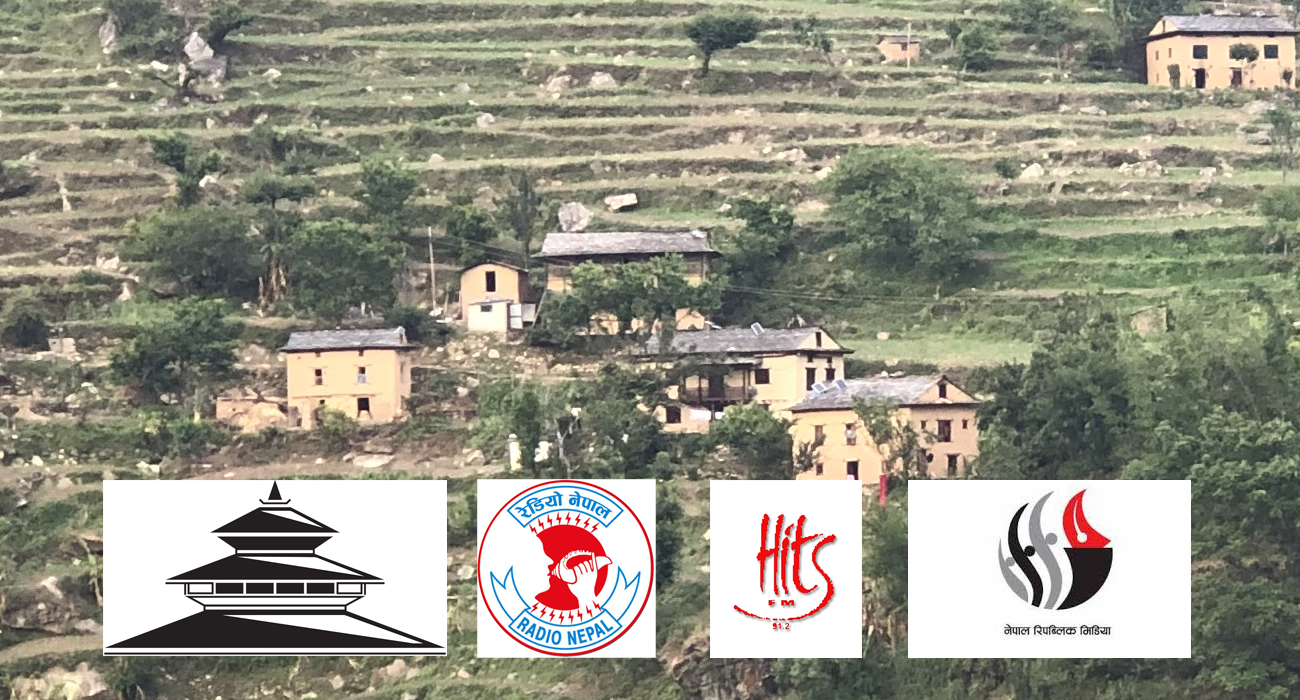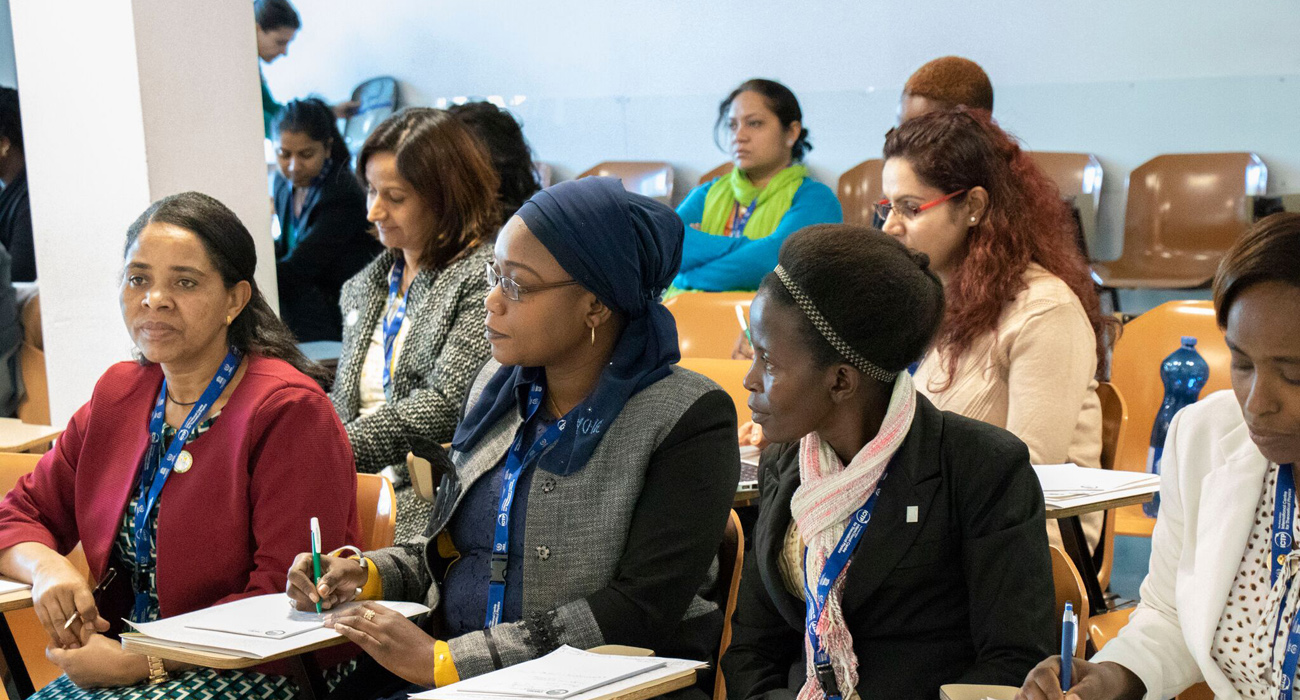Projects
Eco-DRR: Building Resilient Communities

Developing appropriate strategies for disaster risk reduction is a formidable challenge especially in mountains as they are considered disaster hotspots due to their complex and fragile topography and highly specialized natural and cultural systems that are sensitive to environmental disturbances. The South Asia region has high ethnic and cultural diversity, with many having unique approaches and capabilities—embedded as a part of cultural practices and social systems— for coping with disasters and harnessing the opportunities therein. Such knowledge provides flexible, cost-effective and useful alternatives for reducing and/or avoiding the impact of disasters, but it is poorly documented. An overwhelming emphasis of most adaptation strategies to DRR has been on engineering structures such as dams and embankments. It has been acknowledged that integration of ecosystem-based local knowledge strengthens those ecosystems and in doing so enhance community resilience to impacts of climate change and disasters. However, such practices are neither well documented nor integrated into mitigation strategies.
We are carrying out research to identify, explain and develop a ‘proof of concept’ about Ecosystem-based Adaptation (EbA) to Disaster Risk Reduction (DRR) in the floodplain riverscape of the Koshi River Basin (KRB) in Nepal, India and Bangladesh. We aim to systematically document the state of traditional and local ecological knowledge (TLEK) to DRR, and evaluate the extent of resilience provided by TLEK using both empirical and theoretical frameworks.
This research is funded by Asia Pacific Network for Global Change Research (APN)
Enhancing ecosystem-based adaptation to disaster risk reduction in the Himalayan river basin: Integrating traditional and local knowledge in disaster management plan in Nepal, India and Bangladesh
Team Leader
Dr. Prakash K. Paudel, Senior Scientist, Center for Conservation Biology, Kathmandu Institute of Applied Sciences
Collaborators
- Prof. Dr. Rajiv Sinha, Department of Earth Sciences, Indian Institute of Technology Kanpur, India
- Dr. Henry P. Huntington, Huntington Consulting, Alaska, USA
- Prof. Dr. Md. Anwarul Abedin, Bangladesh Agricultural University, Bangladesh
- Assoc. Prof. Dr. Indrajit Pal, School of Engineering and Technology, Asian Institute of Technology, Thailand
- Assist. Prof. Dr. Basanta Raj Adhikari, Institute of Engineering, Pulchowk Campus, Tribhuvan University, Nepal
- Dr. Kanchan Mishra, Department of Earth Sciences, Indian Institute of Technology Kanpur, India
- Mr. Suraj Gautam, Institute of Himalayan Risk Reduction, Nepal
- Ms. Sital Parajuli, Institute of Himalayan Risk Reduction, Nepal
- Ms. Asma Ahmed, Bangladesh Agricultural University, Bangladesh


